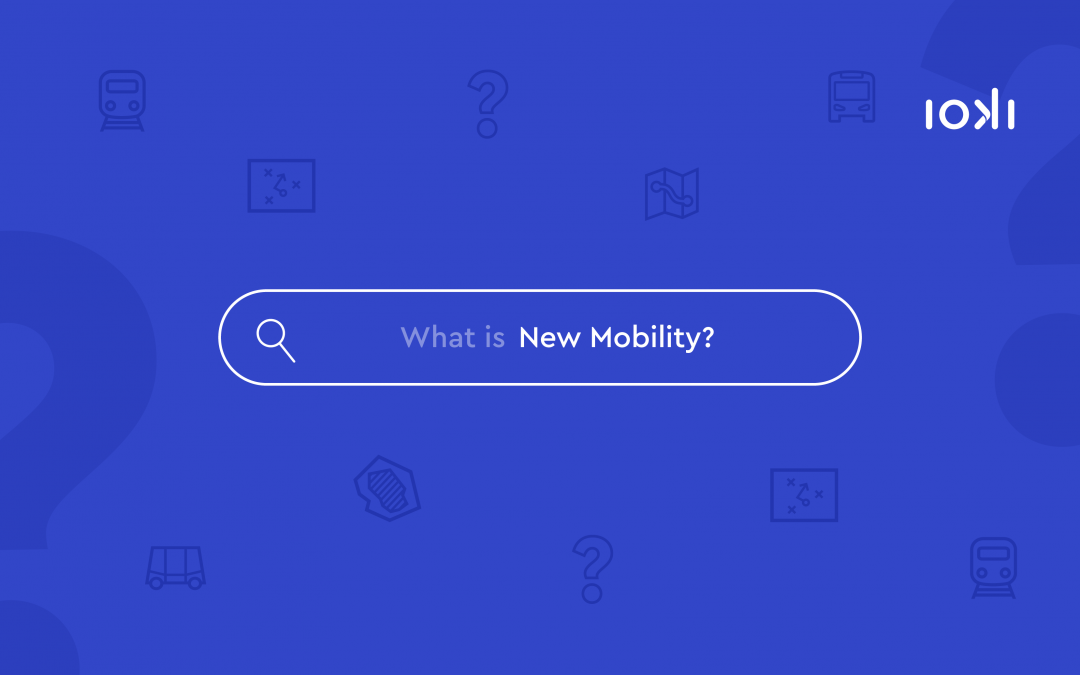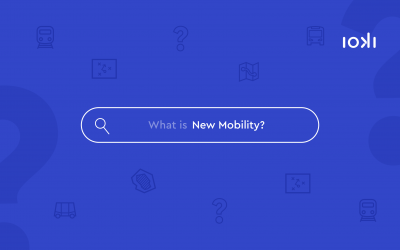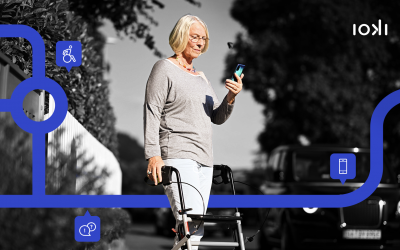But beware: while the use of public transport, walking or cycling are real sustainable alternatives to motorised private transport, services such as ride-hailing may appear just as green at first glance, but in reality they can turn into exactly the opposite.
A new study by the Union of Concerned Scientists shows that ride–hailing produces on average 69 percent more air pollution than the original journeys it replaces.
What is the reason for this? For one thing, the concept of ride hailing itself. Because unlike ride pooling, ride–hailing does not share rides. Each ride request is therefore handled individually and routes are not –as is usual in ride–pooling – efficiently bundled according to the collective taxi motto. On the other hand, ride-hailing trips often do not replace motorised individual transport, but rather public transport or cycling.
Ride-pooling beats ride-hailing
In contrast to ride-hailing, however, ride-pooling reduces emissions by 33 percent compared to motorised individual transport. If the factor “electric vehicle” is added, the balance looks even more positive: A pooled ride in an electric vehicle can reduce emissions by up to 68 percent.
This makes ride-pooling clearly the preferred means of choice when it comes to sustainable, needs-based and flexible mobility that combines the comfort of your own car with the environmentally friendly effect of public transport.



